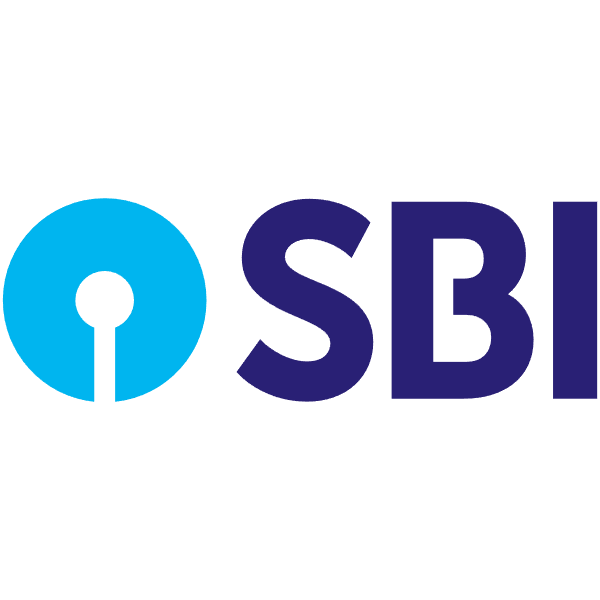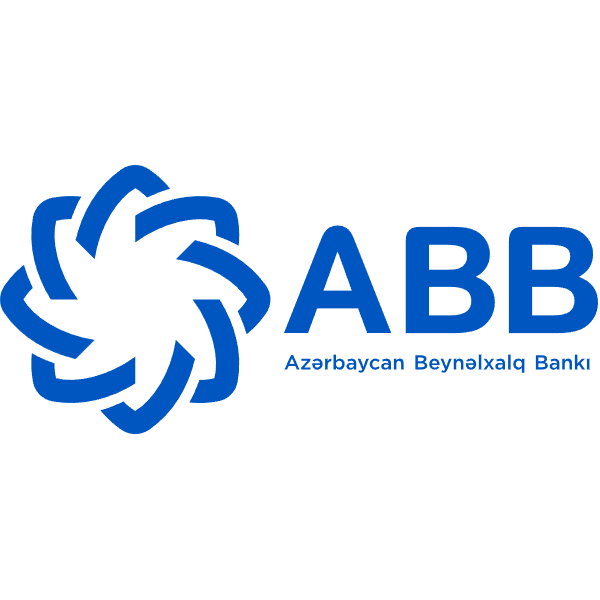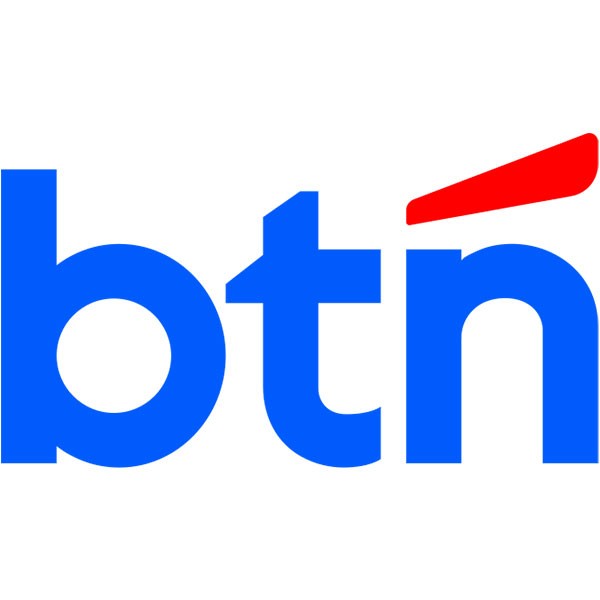name and background<
spanstyle="font-size: inherit"> full name: Bank of Israel (Hebrew: בנק ישראל, Arabic: بنك إسرائيل)
founded: August 24, 1954, by the Knesset under the Bank of Israel Act.
Headquarters in Kiryat HaMemshala, Jerusalem, Israel, with a branch office in Tel Aviv.
Shareholder Background: Bank of Israel is a state-owned central bank, wholly owned by the Government of Israel, and is not listed on the stock exchange. Its independence was further strengthened by a 1985 legal amendment to avoid political interference and ensure autonomy in monetary policy decision-making. The current bank leader is Amir
regulatory and compliance
Bank of Israel is the top financial regulator responsible for overseeing Israel's banking and payment systems. It itself is governed by the Bank of Israel Law (revised in 2010) and is governed internally by the Monetary Board and the Supervisory Committee.
main functions
currency issuance: Exclusively responsible for the issuance of Israeli New Shekel (ILS) banknotes and coins, in accordance with Articles 41 and 44 of the Israeli Banking Law.
Monetary policy: Sets interest rates through the Monetary Council, manages inflation (targets 1%-3% annualized), maintains price stability and high employment.
Banking supervision: Ensuring the stability of the financial system by supervising commercial banks, foreign banks, and payment service providers in Israel through the banking regulatory authorities.
government banking services: provide services such as account management, domestic and foreign transfers, and cheque clearing for governments and their budget units.
Foreign exchange reserve management: Manages Israel's foreign exchange reserves (approximately $206 billion in 2023) to support international trade and exchange rate stability.
payment system: Ensuring the efficiency and security of the domestic payment system by managing payment infrastructures such as the MASAV Clearing House through the Payment System Supervision Department.
customer service
Bank of Israel primarily serves governments, commercial banks, and financial entities, and the public can contact them through the following channels:
email: Submit an inquiry through the official website (www.boi.org.il).
Live chat: no live chat function, public inquiries are handled by mail or phone.
physical services: The Jerusalem headquarters and Tel Aviv office provide limited face-to-face consultations, primarily serving government and financial institutions, Monday to Friday from 8:00-16:00.
> telephone: Public Hotline+ 972-2-6552210 (business hours), government and bank customers are contacted through dedicated channels.
security measures
Bank of Israel uses a multi-layered security mechanism to ensure the security of the currency and payment system:
cybersecurity: the official website and payment system use SSL encryption, The internal system employs advanced firewalls and data anonymization.
Anti-Money Laundering & Anti-Fraud: Comply with international AML/CFT standards, supervise commercial banks and payment service providers, and monitor suspicious transactions in real time.
transaction security: Payment systems (e.g., MASAV) use multi-level verification to ensure the security of liquidation.
Physical Security: The Jerusalem and Tel Aviv offices are equipped with surveillance systems and security personnel to protect currency issuance and reserve facilities.
featured services and differentiations
As a central bank, the Bank of Israel is unique in the Israeli financial system due to its unique functions and economic influence:
Open Banking Pioneer: Promote the integration of non-bank payment service providers into the payment system, assign a unified identifier, and promote the development of fintech.
Foreign exchange reserve management: Manages $206 billion in foreign exchange reserves to support exchange rate stability and international trade.
Historical Heritage: Since its inception in 1954, President David Horowitz (1954-1971) has successfully guided the Israeli economy from early volatility to modern stability.
new bank support: After Amir Yaron took office in 2018, he approved the establishment of two digital banks, Bank One Zero and Bank Ash Israel, to promote market competition.
> monetary policy independenceThe non-printing law, passed in 1985, prohibits direct printing of money for the government, strengthens bank independence, and ensures that monetary policy is free from political interference.
summary
As Israel's central bank, the Bank of Israel plays a central role in maintaining price stability and the resilience of the financial system through its independence and prudent monetary policy. It does not provide retail banking services, but rather supports the national economy through regulation, currency issuance, and payment system management. The financial data for 2023 shows a solid balance sheet, further enhanced by open banking reforms and innovations in payment systems. For researchers concerned with Israel's economic or financial regulation, the Bank of Israel is a model for understanding the workings of modern central banks.














